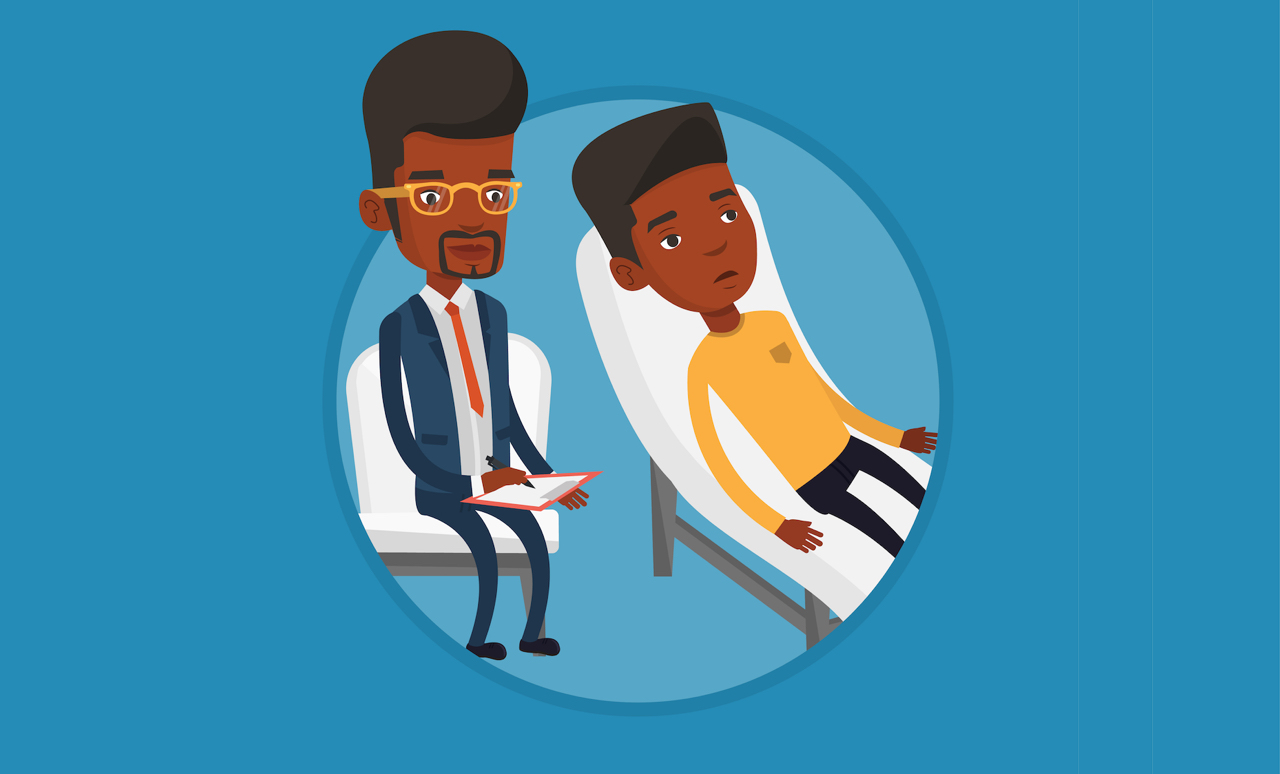Updated crime statistics for South Africa were released in October, and they paint a bleak picture. 52 murders, 146 robberies and 46 hijackings per day… and these are just the incidents that are reported. Evidence suggests that over a period of 5 years, close to 70% of all South Africans have becomes a victim of crime at least once. Besides physical injury, being exposed to any type of trauma, be that rape, a mugging, a car accident or even bullying, has implications to multiple regions in your brain. This is one of the reasons why mental health concerns, specifically Post Traumatic Stress Disorder (PTSD) interferes with so many different aspects of your daily life.
How your brain responds to trauma
Reactions to trauma vary and not everyone experiences it in the same way. Generally, however, when you experience a traumatic event your brain responds in the following way:
- The prefrontal cortex (the “Thinking Centre”) which is responsible for rational thought, problem-solving and awareness of self and others is UNDER activated.
- The anterior cingulate cortex (the “Emotion Regulation Centre”), responsible for regulating emotions (i.e. ensuring we don’t do things we regret) is UNDER activated
- The amygdala (the “Fear Centre”), responsible for filtering information into ‘threat’ or ‘non-threat’ is OVER activated, causing you to feel afraid, reactive and vigilant.
Has your brain been traumatised?
For some people, adjusting and coping to life after trauma is temporary. But for others, symptoms of their traumatic event can linger on for months, even years and have a drastic impact on quality of life. These kinds of symptoms are generally grouped into 4 types:
- Intrusive memories: reliving the event, nightmares or distress to something that reminds you of what happened
- Avoidance: avoiding people or places that remind you of the event, feeling emotionally numb and detached from others, having recurrent negative thoughts
- Changes to physical and emotional reactions: insomnia, irritability, anger, self-destructive behaviour (drinking too much or driving too fast)
Just like any type of mood disorder, the intensity of these symptoms can range from mild to completely overwhelming. If a traumatic event is extreme, it’s likely that symptoms will become extreme; whereas a minor event, like a bumper bashing, may have symptoms that only last for a few weeks. Learning to recognise the symptoms of PTSD, which are not always obvious, is the first step in getting the help you need.
First aid for a traumatised brain
Having PTSD may also increase your risk for developing depression, substance abuse issues and eating disorders. The sooner you can address the underlying trauma, the better for your long-term health. The trauma you experienced, or witnessed, caused structural changes to your brain. Undoing these takes time and a whole lot of patience. It also needs the help of a trained professional who, depending on your situation, might suggest:
- Medications to control anxiety and depression
- Cognitive therapy – talking about your experience and learning to recognise fear “triggers”
- Exposure therapy – being exposed to your fear in a safe and controlled environment
- Group therapy – sharing your experience with others who have been through similar trauma
The goal of treatment is to help you regain sense of control over your life and thoughts. Here are a few other ways that you can start to heal:
- Avoid alcohol and drugs – these are not a long term solution
- Stay connected – you don’t need to worry alone!
- Take care of your self – eating well, exercising and prioritising sleep goes a long way in giving you the energy you need to change your way of thinking
- Break the cycle – have a list of activities to do when feelings of anxiety arrive. Go for a walk or take up a new hobby to re-focus your brain
- Know all there is to know about PTSD – knowledge is power! Learning more about PTSD can help you develop your own personal coping strategies
It is normal to feel angry, sad and guilty. However, if you, or someone else you know, experiences extreme symptoms or suicidal thoughts, seek immediate medical attention. You can either contact one of our doctors, or SADAG on 0800567567.
References
https://www.psychologytoday.com/blog/workings-well-being/201703/is-your-brain-trauma
https://www.medscape.com/viewarticle/831940
https://www.mayoclinic.org/diseases-conditions/post-traumatic-stress-disorder/symptoms-causes/syc-20355967
http://www.csvr.org.za/publications/latest-publications/1778-an-overview-of-the-consequences-of-violence-and-trauma-in-south-africa
http://www.sadag.org/index.php?option=com_content&view=article&id=1835&Itemid=174#t

